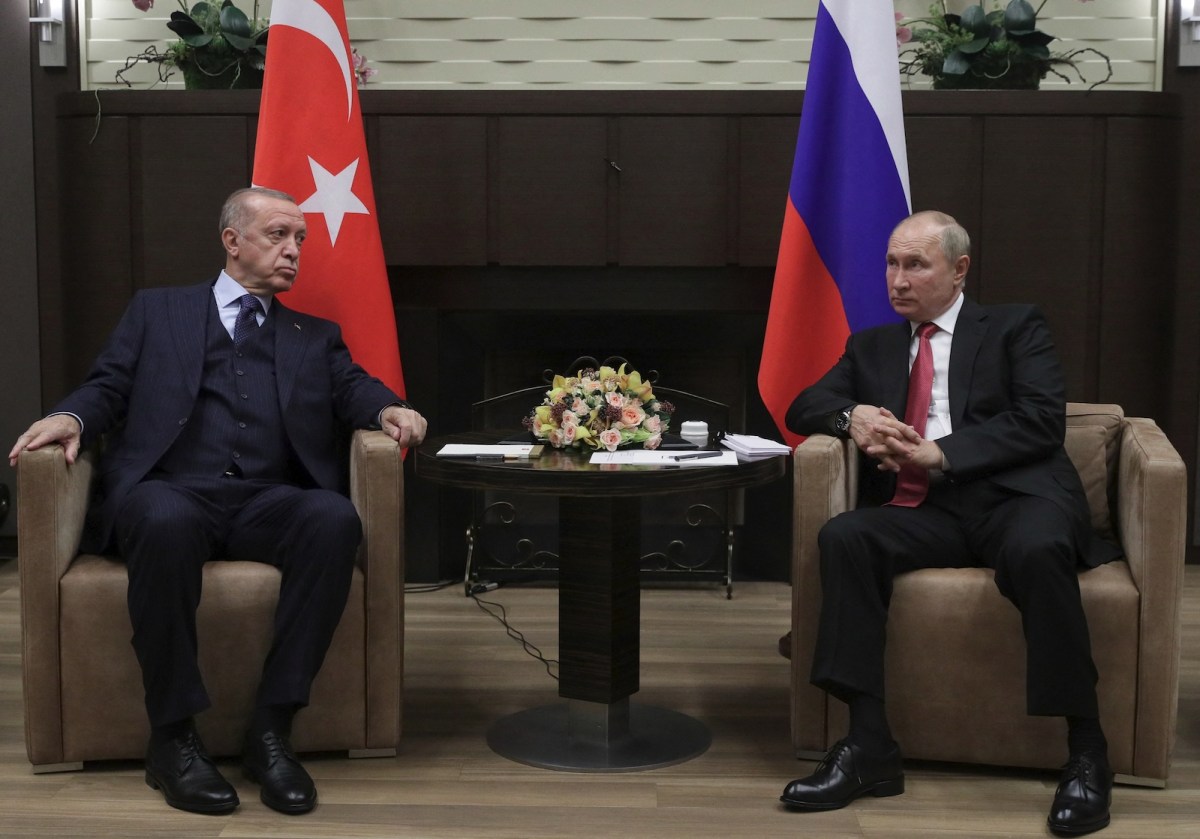Vladimir Putin, a “dear friend” of Turkish President Recep Tayyip Erdogan, reportedly forewarned him in 2016 that groups within the army were plotting a coup.
Erdogan is a “tough but reliable partner” for the Russian president since he refrained from imposing sanctions on Moscow following the Russian invasion of Ukraine.
Inevitably, concerns are raised about what might happen to the Russian leader if Erdogan lost the May 14 election. But there is no simple solution.
If the opposition leader Kemal Kilicdaroglu of Turkey were to triumph, there might be a movement away from anti-US rhetoric and towards pro-European language.
Erdogan’s 20-year hegemony may finally come to an end under Kilicdaroglu. It is not unexpected given how closely the polls are divided that some well-known Western media have dubbed the Turkish election “the most important election in 2023.”
Without a doubt, the Kremlin is well aware that the result might have a big influence on Russian-Turkish relations.
Despite the fact that Moscow does not overtly meddle in Turkish elections, recent events seem to indicate that Putin is covertly supporting his “friend” Erdogan. For instance, the Russian energy juggernaut Gazprom declared on May 3 that Turkey could postpone payment for natural gas until 2024.
A move like that might be seen as Putin giving Erdogan a present before the historic election.
The Akkuyu nuclear project in southern Turkey, which is being built by Russian nuclear giant Rosatom, celebrated the loading of nuclear fuel into the first power unit with a ceremony on April 28 in which the two leaders virtually participated.
Erdogan asserts that if his opponents win the election, blackouts will become commonplace because the Turkish opposition is rumoured to be against the plant’s construction.
While Putin, who is cut off from the West, seeks to expand economic, trade, and agricultural cooperation with Turkey, he is using similar rhetoric to support energy cooperation with the Kremlin.
Kilicdaroglu might continue fostering business relations with Russia, but this is unclear.
Kilicdaroglu would aim to uphold Erdogan’s impartial stance towards Russia because Turkey would probably continue to function as an essential go-between between NATO members and Russia under his leadership. It is for this reason that he emphasised that “there is no reason for changes in relations between Ankara and Moscow.”
Unal Chevikoz, Kilicdaroglu’s foreign policy advisor, argues that Turkey will aim for equal relations with Russia during negotiations.
He emphasised, “But we will also remind Russia that Turkey is a NATO member.
Over 62 billion dollars in commerce were transacted between the two nations last year, and Putin wants to strengthen Moscow and Ankara’s energy cooperation and make Turkey a regional gas hub.
Kilicdaroglu, who wants to restart Turkey’s EU membership negotiations, may or may not be interested in Putin’s geopolitical scheme.
Erdogan would conduct military incursions into northern Syria prior to elections because doing so would increase his support.
However, Erdogan appears to have modified his stance on Syria when Kilicdaroglu revealed his desire to reach an agreement with Syrian President Bashar al-Assad to send more than 3 million refugees home.
On April 25, discussions on the future of the Arab nation took place in Moscow with the defence ministers and intelligence chiefs of Turkey, Russia, Syria, and Iran.
Moreover, this Wednesday, only four days before the Turkish elections, the foreign ministers of Turkey, Syria, and Russia can meet in Moscow. That might be an opportunity for Erdogan to claim a modest but significant foreign policy win before the vote.
Erdogan already contributed significantly to the Black Sea grain agreement between Russia and Ukraine, which raised his status as a mediator of disputes.
Whether by coincidence or not, the agreement will end on May 18, which is just four days after the Turkish elections.
Turkey’s president may utilise a second round of voting between Kilicdaroglu and Erdogan to rehabilitate himself as an essential middleman if Russia agrees to extend the grain deal, which is becoming more and more possible.
But these steps are unlikely to help Erdogan defeat his opponent because the economy resonates more strongly with voters than foreign policy.
Putin’s symbolic backing for Erdogan cannot seriously affect the outcome of the Turkish elections because Russia is unable to lend money to Turkey or invest in its inflation-stricken economy.
If Erdogan loses, the Kremlin will have to adjust to a new geopolitical landscape in which the Turkish leadership will adopt a more pro-European attitude and employ less rhetoric critical of the West and the United States than Putin’s “dear friend” did in the past.















